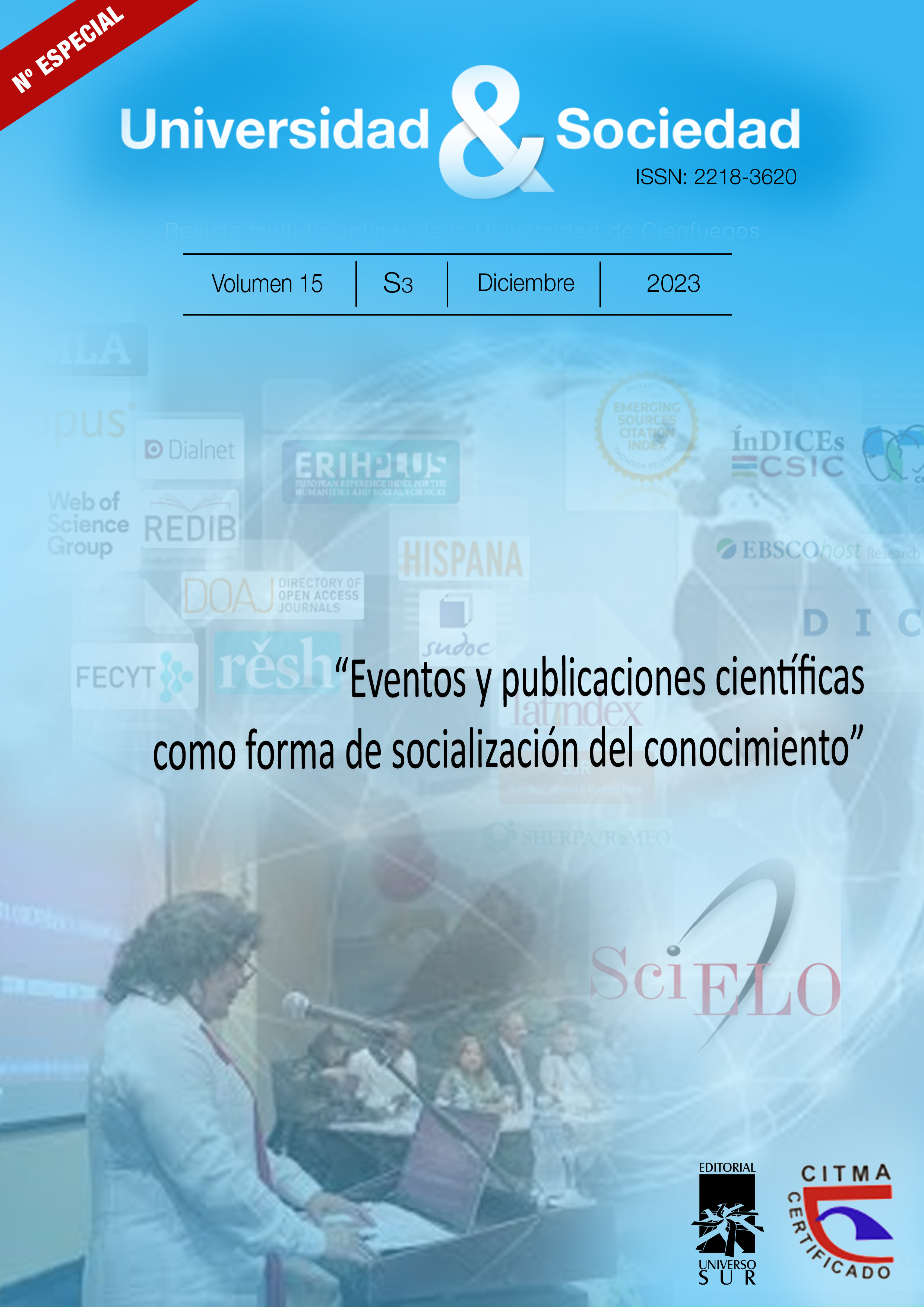Main common aspects of the address forms related to kinship in Azerbaijani and English languages and its psychological aspects
Abstract
The aim of this article is to analyze the semantic and emotional functions created by the use of kinship terms as a form of address in dialogic texts selected from Azerbaijani and English dramas. The use of different kinship terms regarding age, gender, and social affiliation were identified on the optics of sociolinguistic, pragmalinguistic and cognitive study of such expressions. We compare the reference forms expressing kinship in the languages of peoples with two different cultural carriers and to investigate the traces of extralinguistic factors in language and culture through application forms. It was found that application forms in Azerbaijani and English languages perform several functions; they depend on the circumstances in which these forms of appeal are spoken, and simultaneously, is closely related to the aim of their utterance. The main aim of such dialogues is to influence the addressee; therefore, the emotional impact was more prominent in such appeals. Such forms of address are often used as related words when performing various emotional functions. In addition, words like father, mother, grandfather, uncle, aunt, brother, sister, cousin, and other relatives are used in the appeal at different times in the Azerbaijani and English languages and have a strong emotional effect among the talkers.
Keywords:
kinship terms, social environment in speech, psychological aspects of speech, address forms, sociolinguistic.
RESUMEN
El objetivo de este artículo es analizar las funciones semánticas y emocionales creadas por el uso de términos de parentesco como forma de tratamiento en textos dialógicos seleccionados de dramas azerbaiyanos e ingleses. Se identificó el uso de diferentes términos de parentesco en cuanto a edad, género y afiliación social desde la óptica del estudio sociolingüístico, pragmalingüístico y cognitivo de tales expresiones. Comparamos las formas de referencia que expresan el parentesco en las lenguas de pueblos con dos portadores culturales diferentes e investigamos las huellas de factores extralingüísticos en la lengua y la cultura a través de formas de aplicación. Se descubrió que los formularios de solicitud en azerbaiyano e inglés cumplen varias funciones; Dependen de las circunstancias en las que se pronuncian estas formas de apelación y, al mismo tiempo, están estrechamente relacionadas con el objetivo de su emisión. El objetivo principal de estos diálogos es influir en el destinatario, por lo que el impacto emocional en tales llamamientos fue mayor. Estas formas de tratamiento se utilizan a menudo como palabras relacionadas cuando se realizan diversas funciones emocionales. Además, las palabras como padre, madre, abuelo, tío, tía, hermano, hermana, prima y otros familiares se utilizan en el llamamiento en diferentes momentos en los idiomas azerbaiyano e inglés y tienen un fuerte efecto emocional entre los hablantes.
Palabras clave:
Términos de parentesco, entorno social en el habla, aspectos psicológicos del habla, formas de tratamiento, sociolingüística
Downloads
Published
How to Cite
Issue
Section
License
"Universo Sur", the publishing house of the University of Cienfuegos, publishes the Universidad y Sociedad Journal under the Creative Commons Attribution-NonCommercial-NoDerivatives 4.0 International License (CC BY-NC-ND 4.0).
You may share the material for non-commercial purposes, provided that you:
-
Give appropriate credit (authors, journal, article link, and link to this license).
-
Do not create derivative works.
-
Indicate if changes were made.
Authors retain copyright.
Full license text: https://creativecommons.org/licenses/by-nc-nd/4.0/










